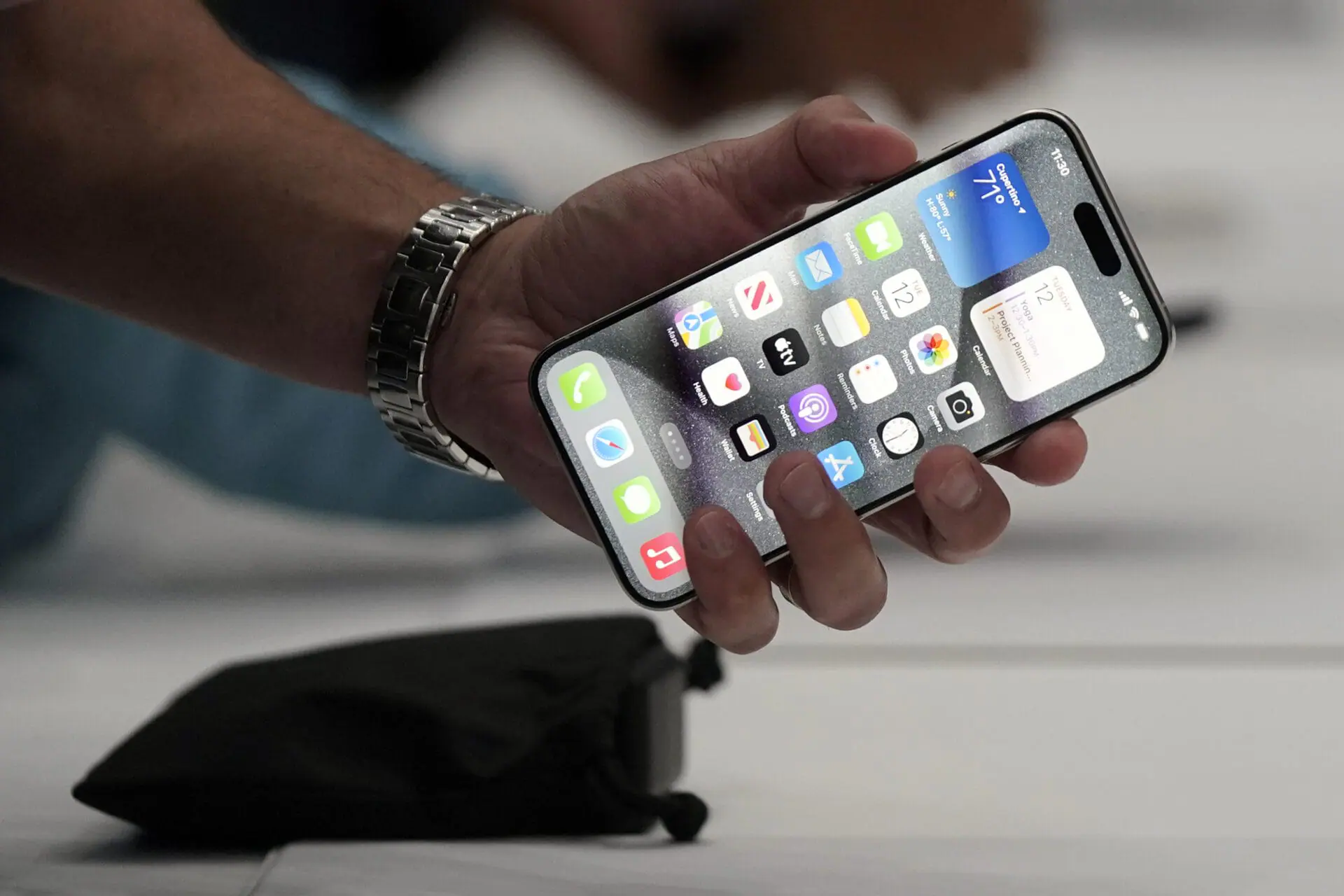iPhone sales are plunging. Here’s why
(CNN) — Apple’s smartphone sales tumbled 10% last quarter, according to market research firm IDC, as sales in China fell sharply.
The company has lost momentum in China as nationalism, a rough economy and increased competition have hurt Apple over the past several months.
“It’s a steep drop for Apple, but if you think of where we have been in the past four years, Apple has probably been the most resilient brand, overcoming supply chain issues and macro challenges, more than other brands,” said Nabila Popal, research director at IDC, told CNN.
Samsung had been the top smartphone manufacturer for the past 12 years. Apple took the crown last year – but only for one quarter, as Samsung took the spot back.
“It’s also very significant that Samsung is back at the top,” Popal said. “This year, we are expecting Android to grow at twice the pace of iOS.” (Android is the operating system used by Samsung systems, while iPhones use iOS.)
That’s because Android had a strong decline over the past few years, so it has more room to grow now. Both Apple and Samsung did not respond to a request for comment.
Overall, IDC said global smartphone shipments increased 7.8% year over year to about 289 million devices in the first quarter of 2024, indicating the smartphone market is reemerging after two years of macroeconomic challenge.
Samsung occupied about 20.8% of market share (or 60.1 million shipments) during the quarter, followed by Apple with 17.3% (50.1 million shipments). Chinese manufacturer Xiaomi made up 14.1% (40.8 million shipments).
In December, Apple overtook Samsung as the highest performer in the smartphone category, ending Samsung’s 12-year run at the top, with 20% market share (compared to Samsung’s 19.4% market share).
Although IDC said in its latest report that it expects Apple and Samsung to maintain their hold on the market, the resurgence of Huawei and other companies in China, including Xiaomi and OPPO/OnePlus, will likely continue. Chinese consumers who once would have considered Apple are now turning to national brands in China.
China remains an important market for Apple as it is the largest market behind the US. The company continues to offer discounts in China to help boost sales.
Last year, Huawei’s popular Mate 60 smartphone made headlines when the US government sought more information about the Pro model, which included a sophisticated processor. Its debut shocked industry experts who questioned how the company could make such a chip following sweeping efforts by the United States to restrict China’s access to foreign chip technology because of perceived national security concerns.
Popal also noted Apple has not articulated a strong message about artificial intelligence, at a time when many tech companies are doubling down on related strategies and features.
“We’re hoping to hear some messaging around this at its June developer conference,” she said. “We’re hopeful if they do provide something for the consumers … they should gain more interest that they’ve seen challenges with.”
Samsung, however, has already gone all in on AI. For its most recent flagship Galaxy S24 lineup, which was announced in January, the company emphasized bringing AI advancements to its messaging, photos and games.
“As the overall smartphone market recovers this year, with a strong focus on AI, Samsung is in good position to grow further this year,” she added.
